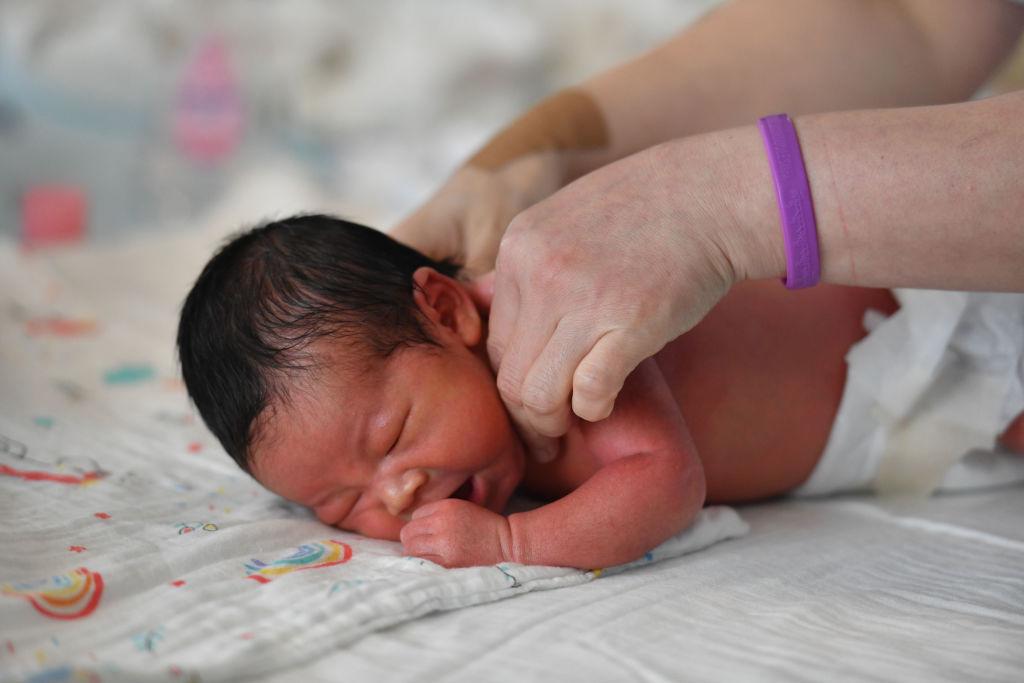People suffering from less severe depression should be offered a range of options before being given anti-depressants, doctors in the UK have been told.
Therapy, self-help with support, group exercise, group mindfulness, or meditation are among the list of options patients can choose that are preferable to drugs, according to draft guidance published on Tuesday by the National Institute for Health and Care Excellence (NICE).






